Haiti’s top prosecutor says evidence found linking acting premier to president’s US-linked assassination
Haiti’s chief prosecutor says there is evidence that purportedly connects acting Prime Minister Ariel Henry to the US-linked killing of President Jovenel Moise, banning the premier from leaving the island country until he answers questions about the July assassination.
Moise, 53, was shot dead and his wife was seriously wounded after gunmen stormed their home in the hills above the capital Port-au-Prince in the early hours of July 7.
His office said at the time that the assassination had been carried out by a group of armed commandos who spoke Spanish and English.
Later on, Haitian police said the assassination was carried out by a commando unit of 26 Colombian and two American mercenaries identified as James Solages and Joseph Vincent, both from Florida.
Haitian authorities say there are 44 people held in custody on suspicion of taking part in Moise's assassination, including 18 Colombians and 12 members of Moise's security detail.
Henry, a 71-year-old neurosurgeon, was formally appointed as the prime minister and took office on July 28.
On Saturday, Bed-Ford Claude, the Port-au-Prince government commissioner, the equivalent of a federal prosecutor, issued a police summons for Henry, requesting that he testify about phone contacts he had with Joseph Felix Badio, a key suspect in the assassination.
The prosecutor said it was “confirmed” that there had been a number of phone calls between Henry and the wanted fugitive just three hours after the assassination took place.
On Tuesday, Claude asked the judge investigating the assassination to charge Henry with involvement in the case over the alleged phone calls. He also requested that the premier be prevented from leaving the country “due to the gravity of the facts exposed.”
“There are enough compromising elements … to prosecute Henry and ask for his outright indictment,” Claude wrote in the order.
Henry’s office, for its part, denounced the travel ban as illegal and “a political theatre,” saying that it had not been directly informed regarding the measure by Claude, who was dismissed by Henry on Monday.
It is not quite clear whether Claude has the necessary authority to lead the probe and to demand Henry’s questioning or charge him in the July assassination. According to Haitian law, judicial officials cannot prosecute senior civil servants without the authorization of the country’s leader, who currently is Henry.
Separately on Tuesday, Joseph Lambert, who is the president of the Haitian Senate, made a play to become the country’s new president but before performing his swearing-in, a gunfight broke out that prevented him from entering the building, Western diplomats and Haitian officials said.
The Pentagon revealed in July that some of the former Colombian servicemen arrested after the assassination had been trained by the US military. Furthermore, a report in the same month also revealed that several of the suspects had ties to the US, including serving as informants for the FBI.
The assassination opened up a political vacuum just as Moise and other civil leaders were preparing for elections and discussing revisions to Haiti’s constitution.
Moise took office in 2017 and his term saw fierce protests with the opposition accusing him of corruption and seeking to install a dictatorship by overstaying his mandate. He had been ruling Haiti by decree after the country failed to hold legislative elections in 2018.
Haiti also faces chronic poverty, recurrent natural disasters, and a shortage of food.
Since the assassination, Haiti has been hit by two natural disasters, an earthquake, and a heavy storm. The first killed nearly 2,000 people, and the second triggered landslides and flash floods, which further displaced the population and delaying the country’s recovery.
Iran’s top security official, Russian president discuss economic cooperation, regional issues
Leader’s advisor warns of ‘deep’ retaliatory strikes into occupied territories
US Department of Justice releases millions of Epstein files, then pulls pages citing ‘rape’ by Trump
VIDEO | EU blacklists anti-terror organization
VIDEO | 44th Fajr Theater Festival underway in Tehran
VIDEO | Press TV's news headlines
VIDEO | Oil workers' march in support of reform of Venezuela's main oil law
VIDEO | Malaysians hold rally in front of Iranian embassy to condemn US, Israel threats


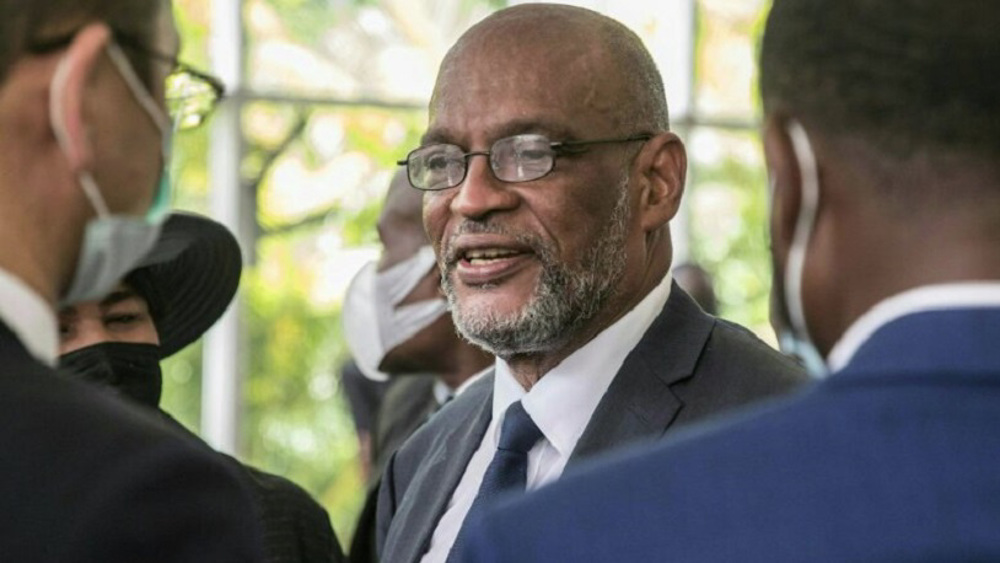
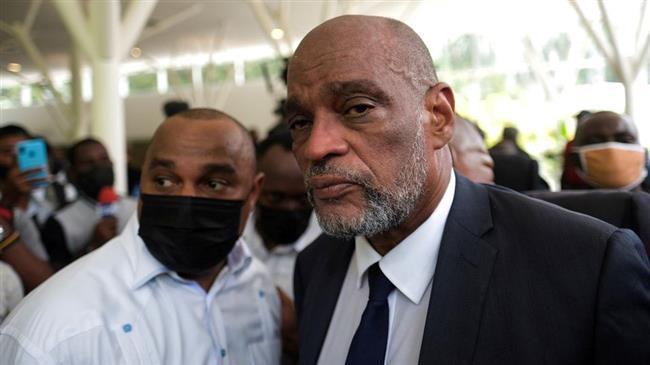
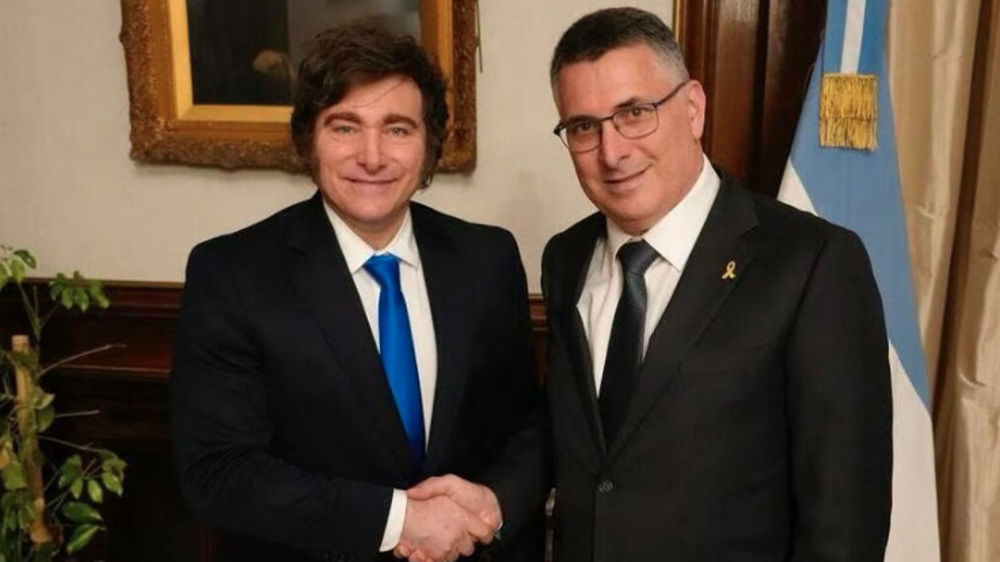
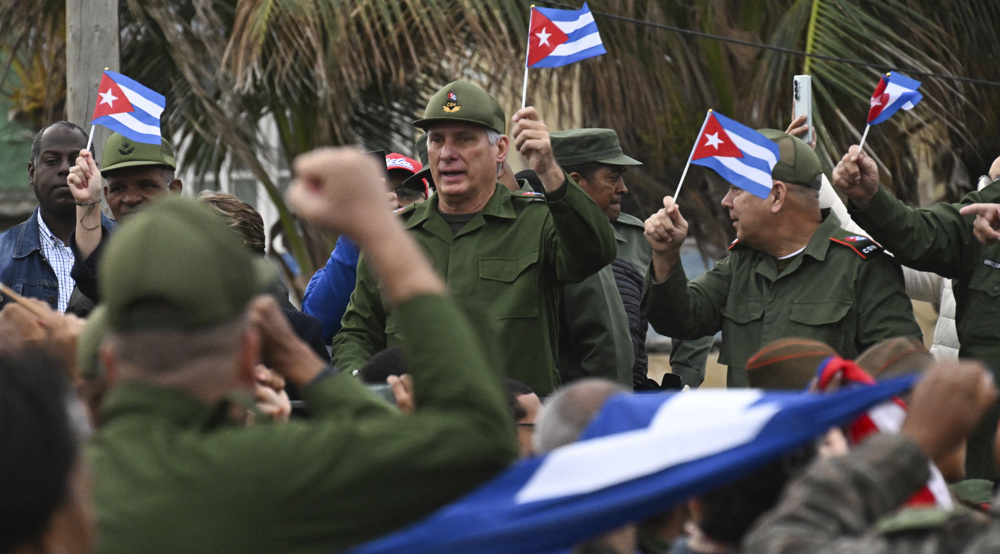
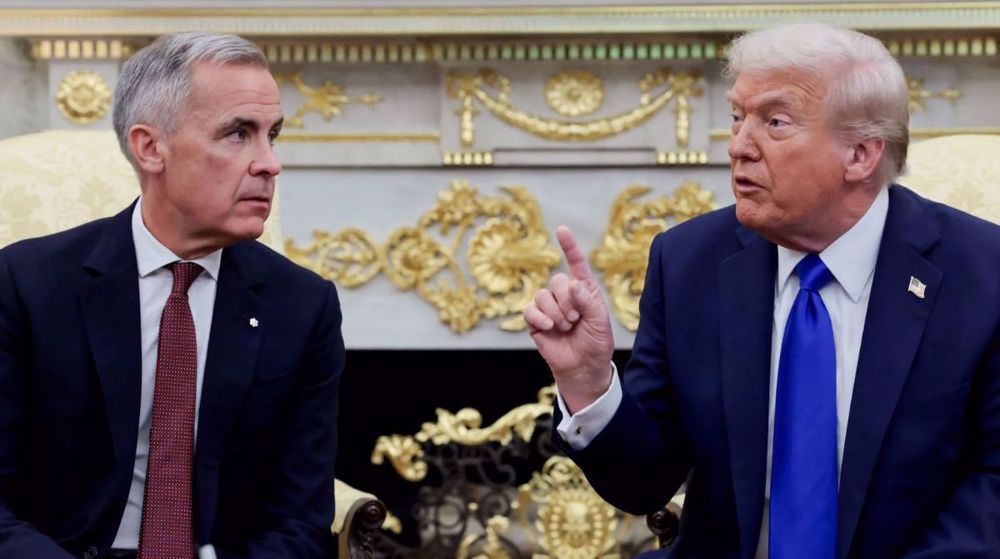



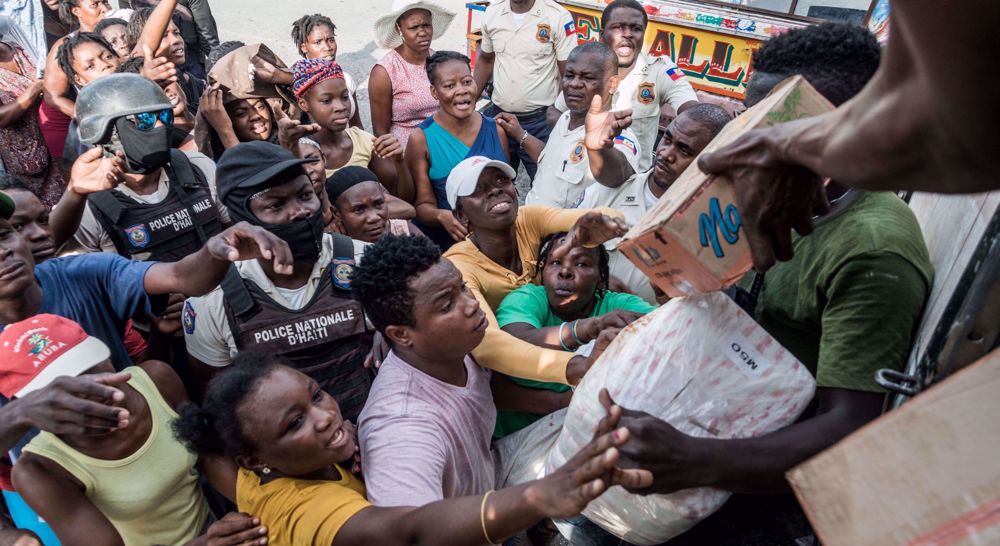
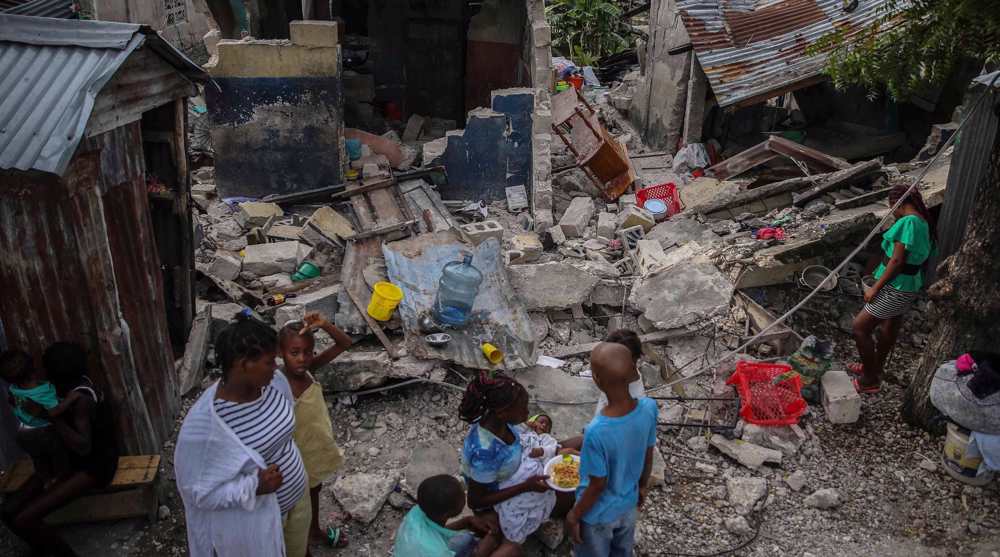
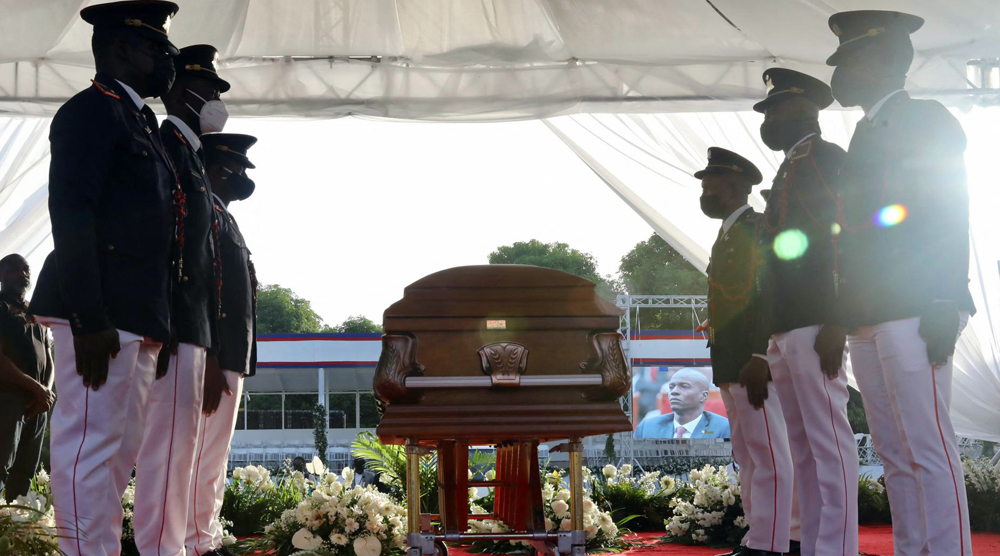
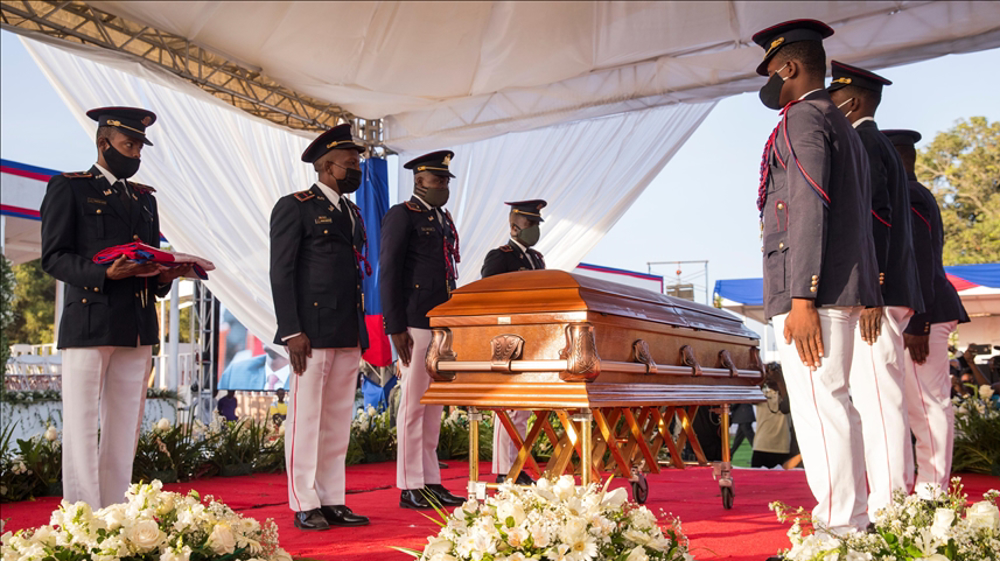

 This makes it easy to access the Press TV website
This makes it easy to access the Press TV website